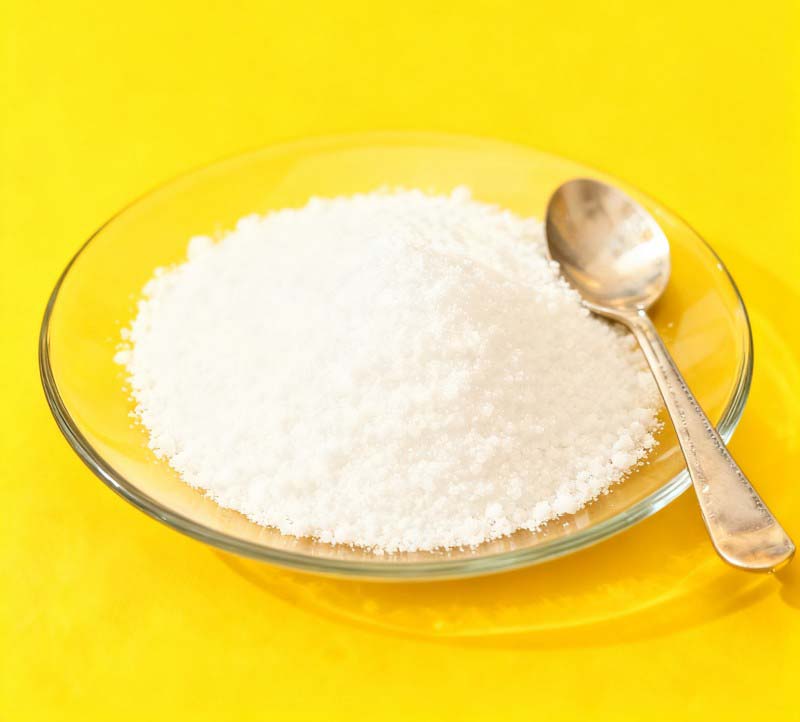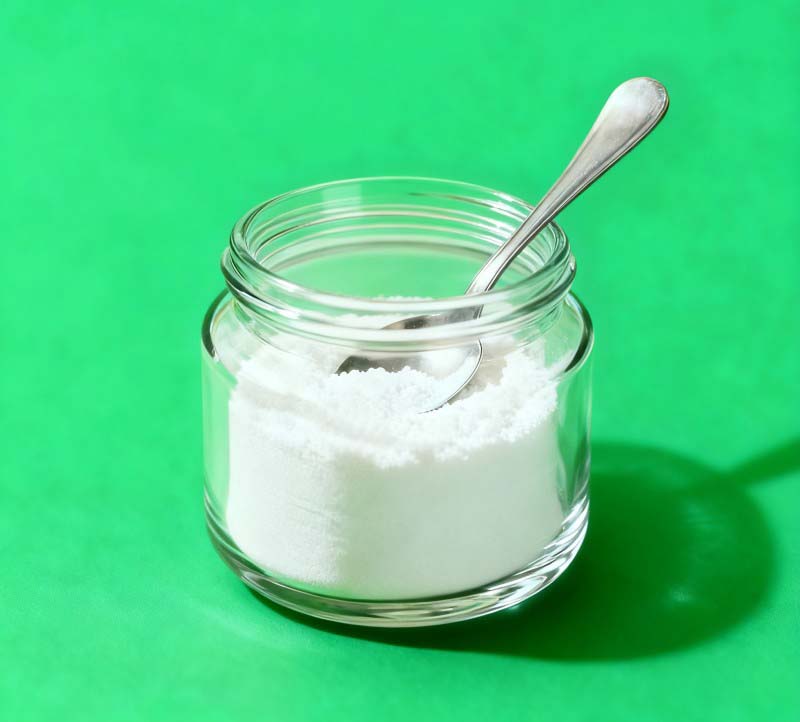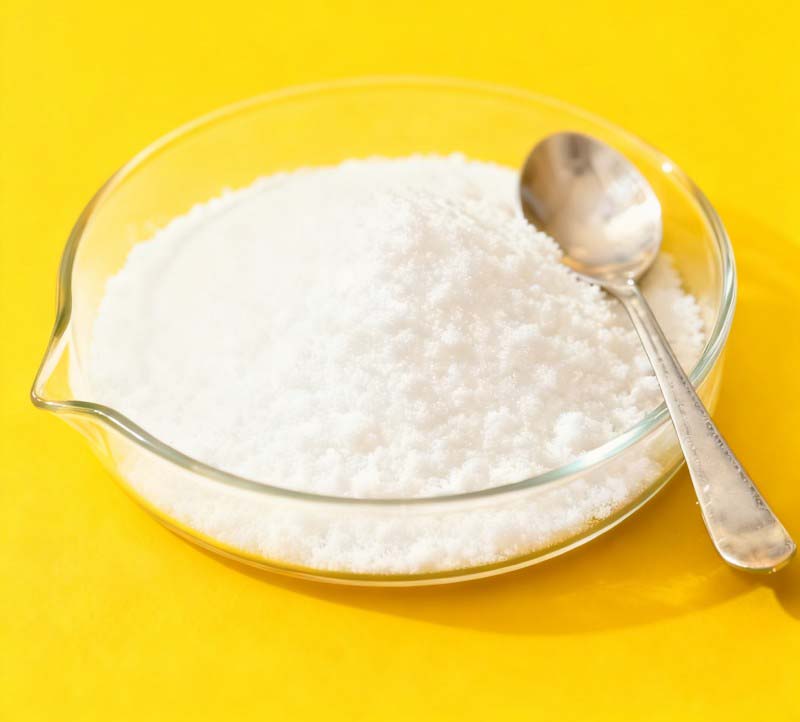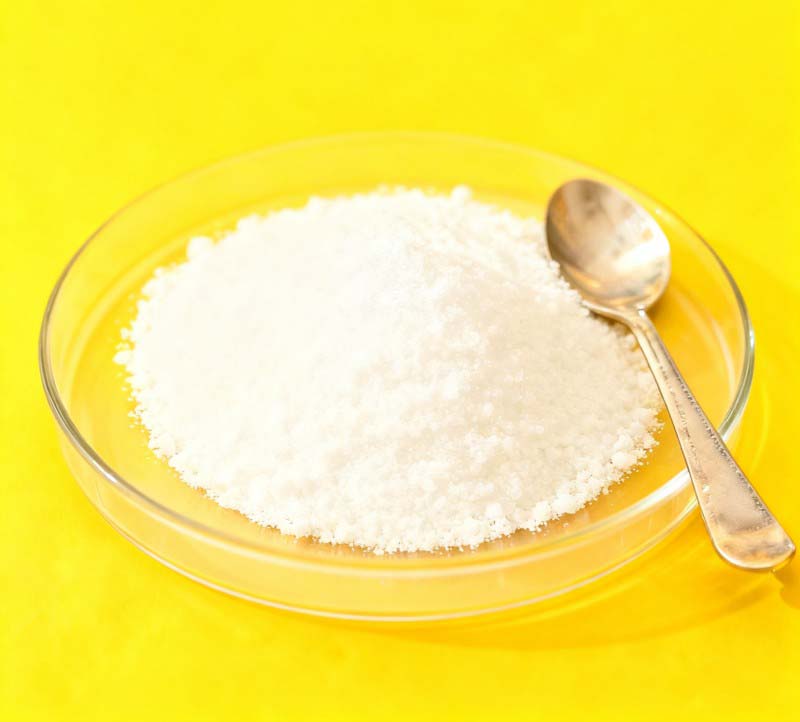Biotin: Your Complete Guide to the Essential Vitamin

If you’ve searched for “biotin,” you’re likely looking for more than just a simple translation. Your curiosity probably extends to what it is, what it does for your body, and how you can use it to support your health goals. This comprehensive guide is designed to answer all those questions and more.
What is Biotin? – The Core Translation and Identity
The direct English translation of “生物素” is Biotin. It is also widely known as Vitamin B7 and was historically referred to as Vitamin H (“H” for “Haar und Haut,” the German words for hair and skin).
Biotin is a water-soluble vitamin, meaning your body does not store it, so you need a consistent supply from your diet or supplements.

What Does Biotin Do? Unpacking Its Roles in the Body
Biotin is a crucial cofactor for several enzymes involved in fundamental metabolic processes. Its primary functions include:
Who Needs Biotin and How to Get It?
1. Dietary Sources:
A balanced diet can typically provide sufficient biotin for most people. Excellent natural sources include:
2. Supplementation:
Biotin supplements are popular for targeting specific health and beauty concerns. They might be beneficial for:
Important Considerations for Supplementation:

Frequently Asked Questions (FAQ)
Q1: Can biotin alone cure hair loss?
A: Biotin can help improve hair health if the loss is due to a biotin deficiency. However, hair loss has many causes (genetics, hormones, stress). Biotin is most effective as part of a comprehensive approach to health.
Q2: How long does it take to see results from biotin supplements?
A: As it takes time for new hair and nails to grow, you may need to take supplements consistently for several months (typically 3-6) before noticing a visible difference.

Q3: What is the recommended daily intake?
A: The Adequate Intake (AI) for adults is 30 mcg. Higher doses in supplements are common and considered safe, but it’s best to consult a healthcare professional before starting.
Conclusion